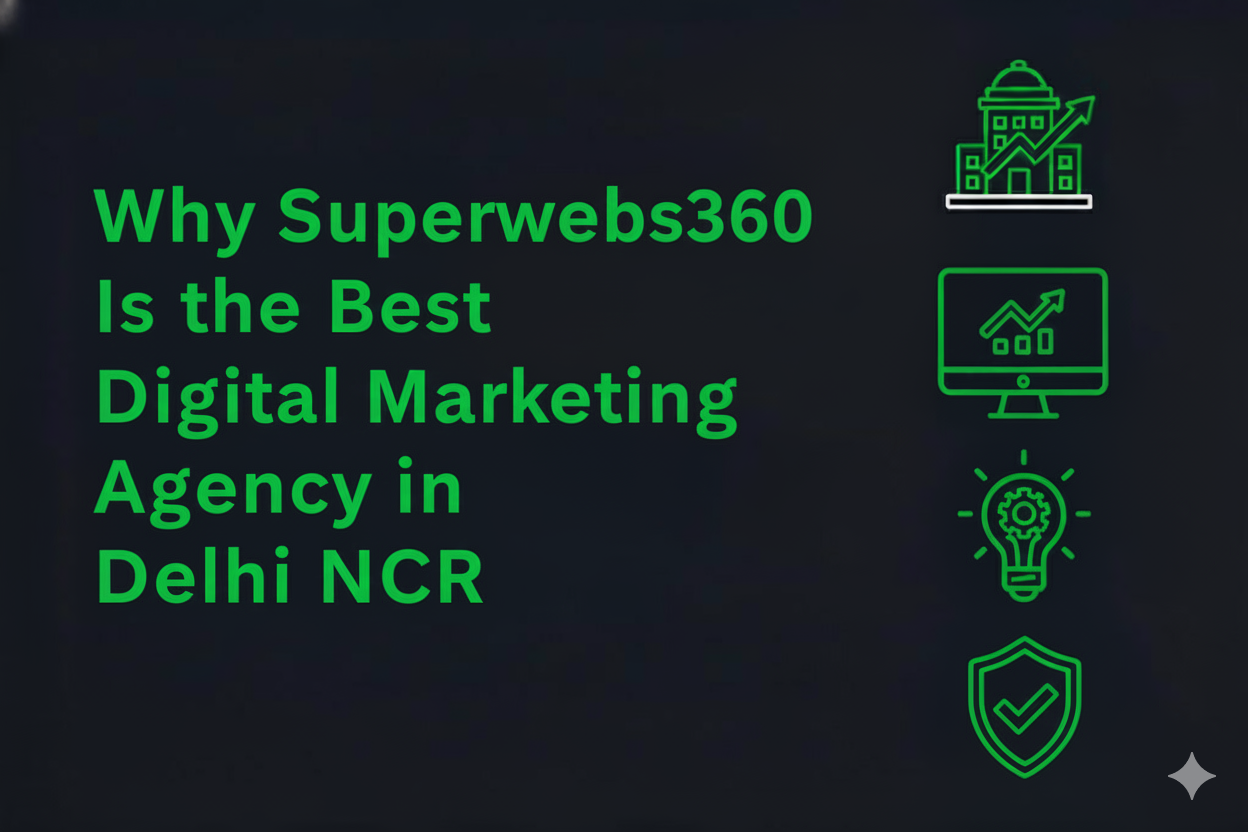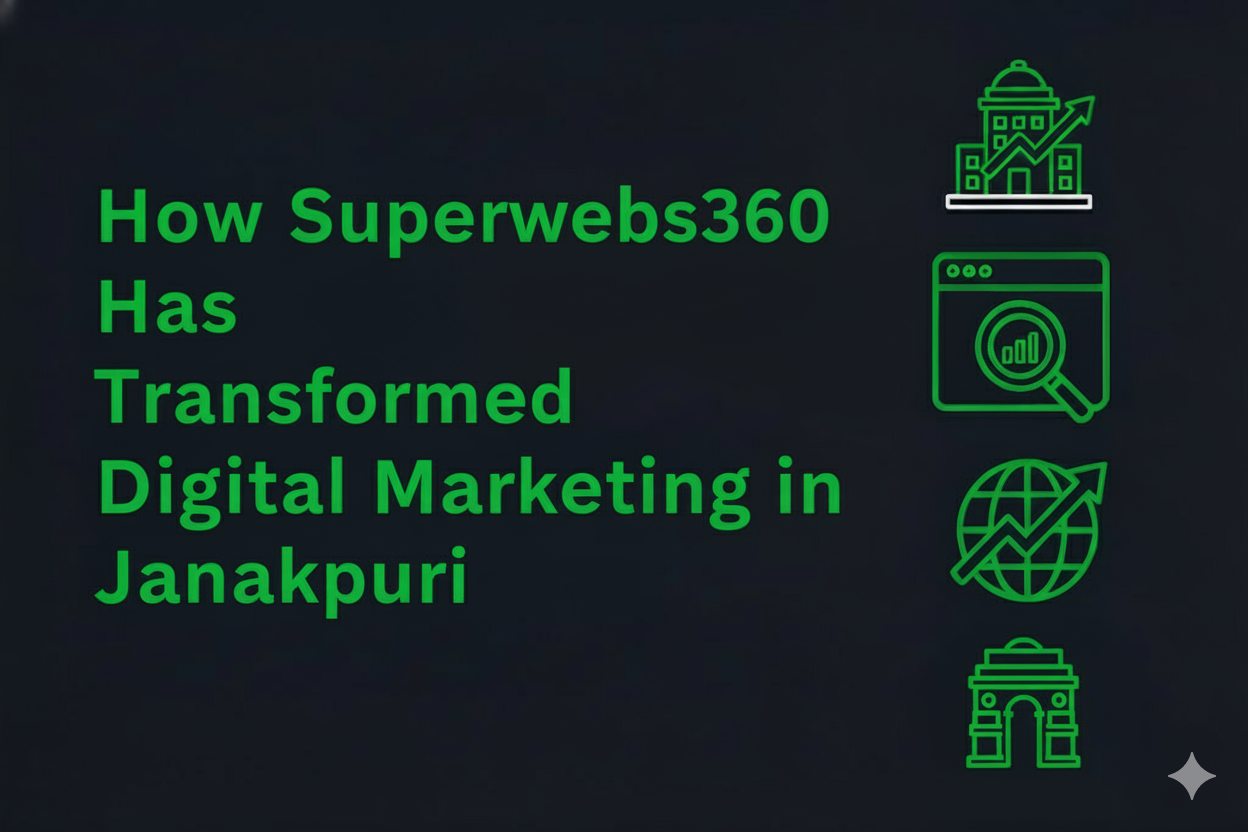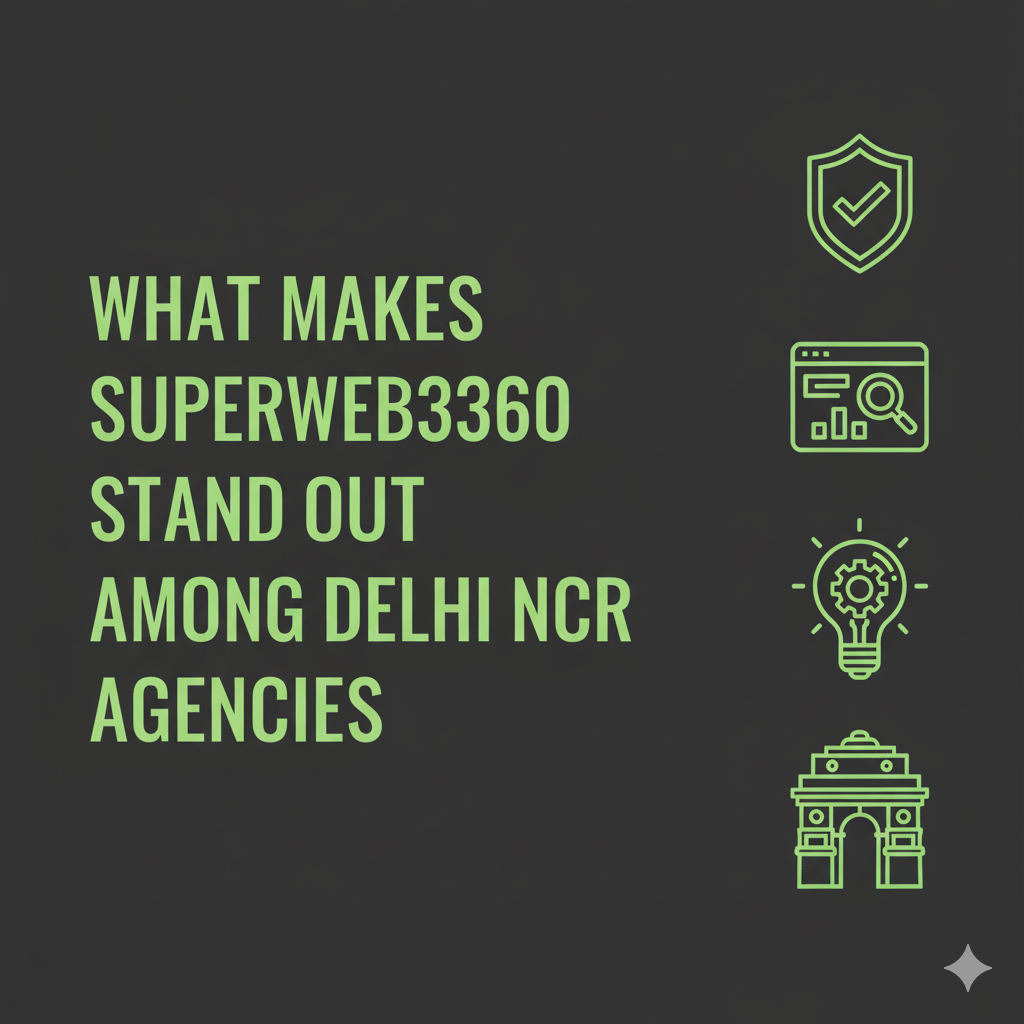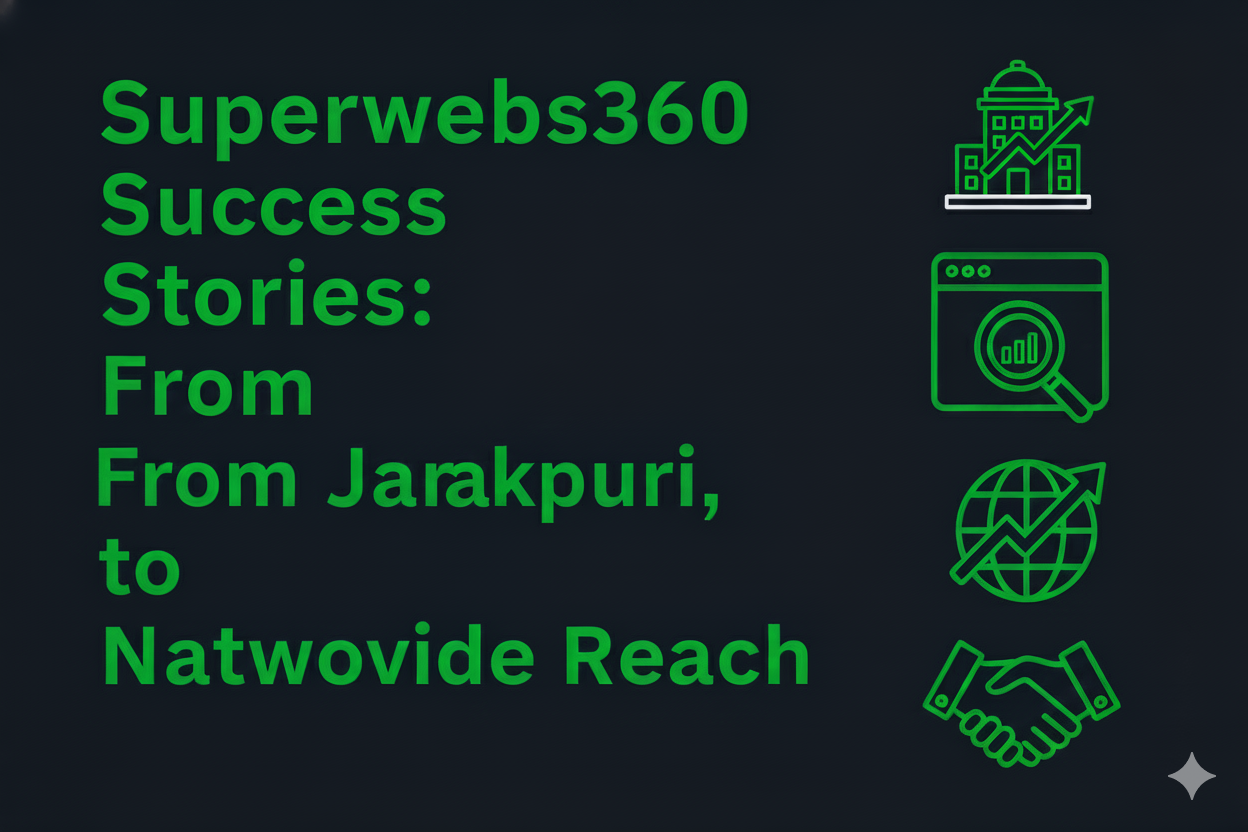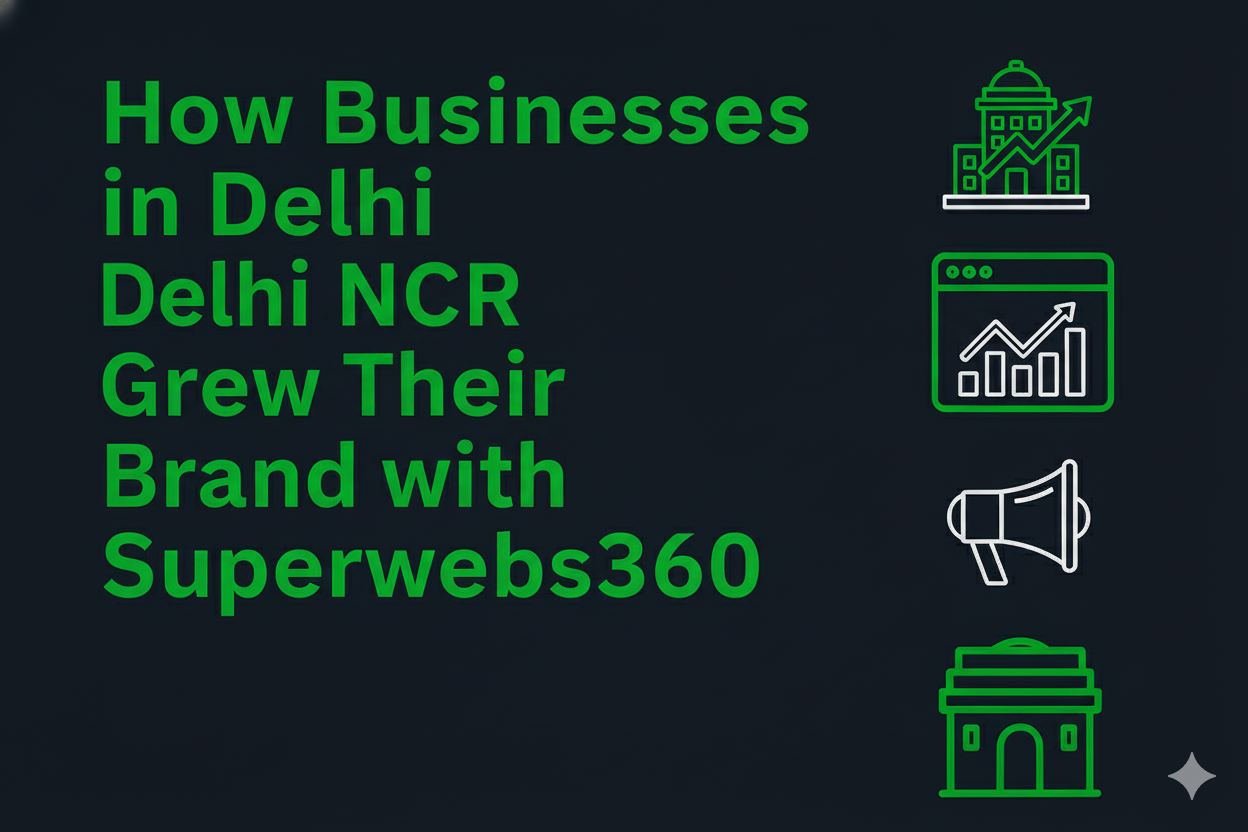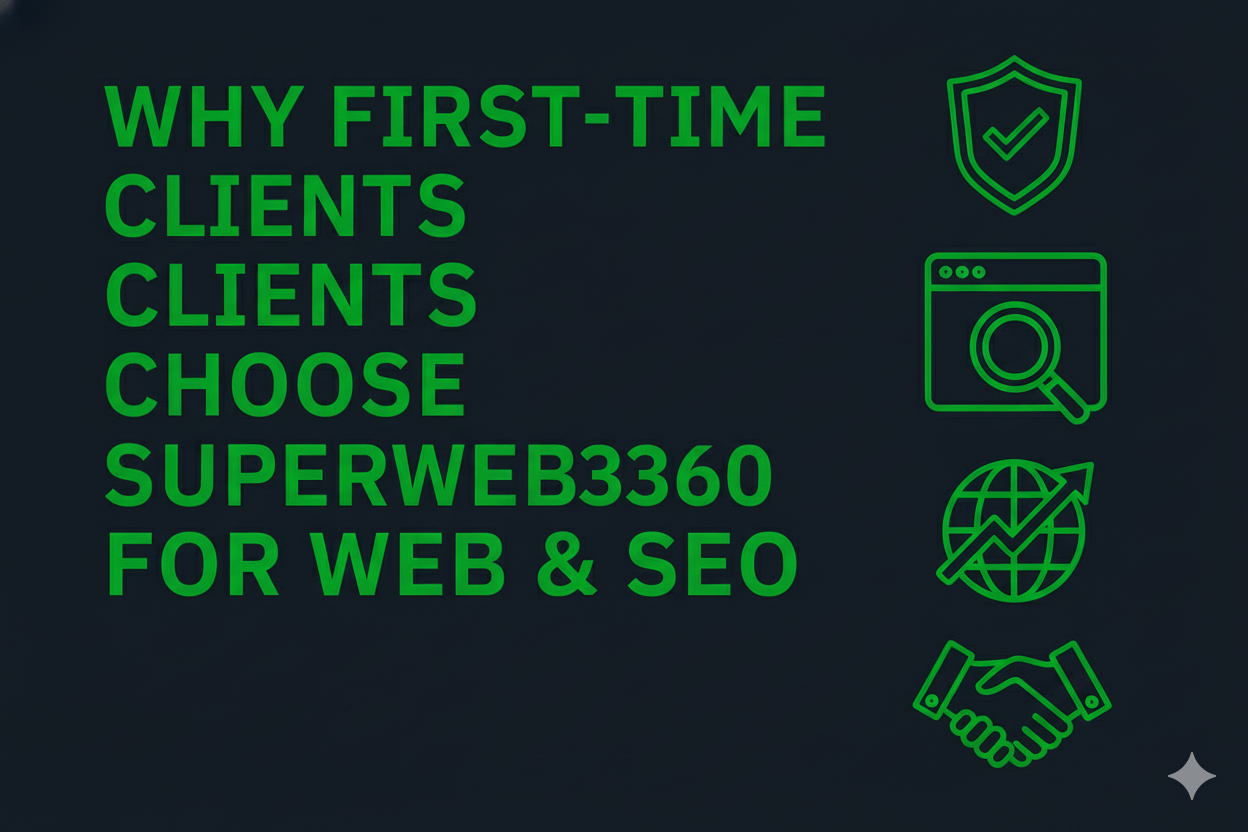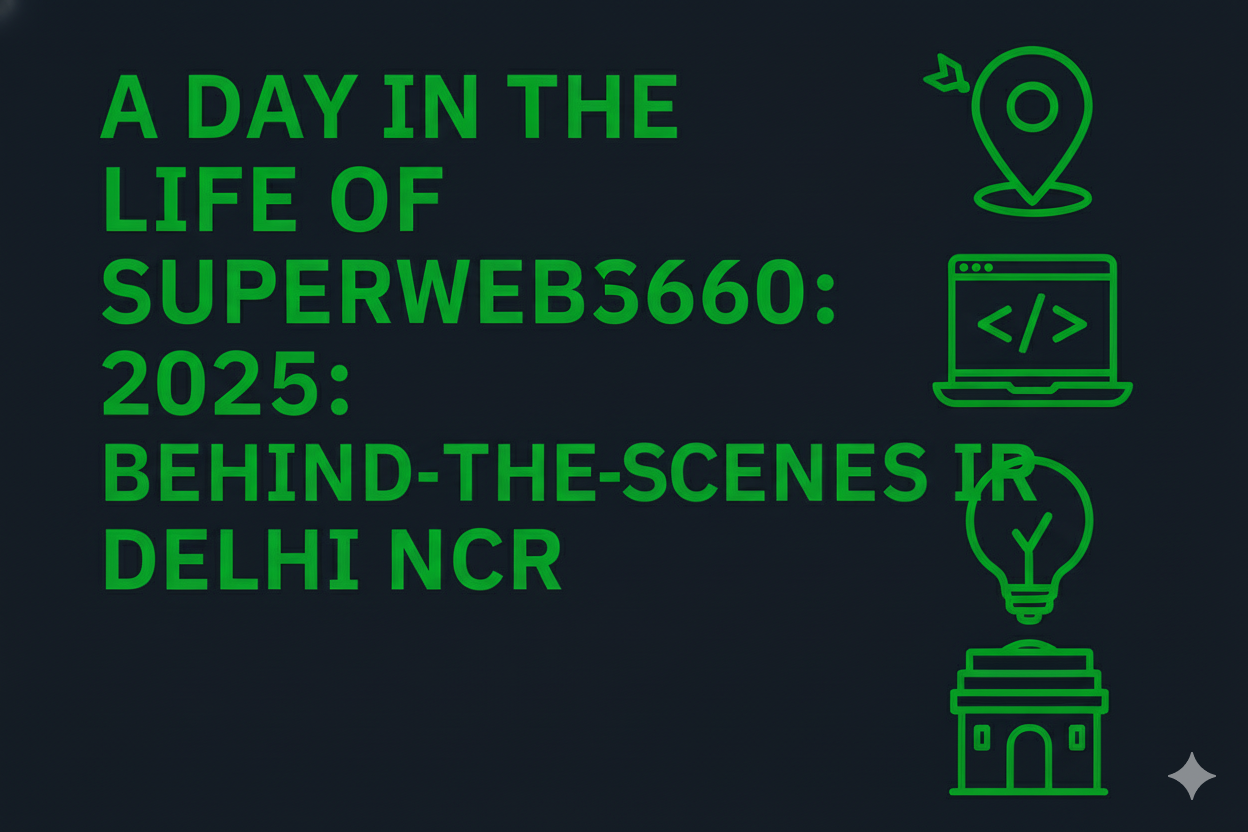Cultivating Originality In Photography
A simple guide explaining why Delhi businesses should use a content calendar to stay consistent, save time, and grow online.
The fast-changing Delhi NCR digital marketing environment has transformed content calendar creation into one of the most essential strategic tools companies use to ensure consistent online presence, maximize engagement potential, and capitalize on conversion opportunities across multiple audience groups and platforms. This methodical content planning and distribution strategy is the difference between spontaneous, unpredictable marketing campaigns and strategic, performance-driven campaigns that foster repeat business audience relationships and achieve quantifiable business growth across competitive city markets.
Content calendar implementation has become essential for Delhi businesses navigating the complexities of multi-platform digital marketing while managing resource constraints and competing priorities that characterize modern business operations. A leading Digital Marketing Agency in Delhi NCR understands that effective content calendars serve as comprehensive strategic frameworks that align content creation with business objectives, seasonal opportunities, and audience engagement patterns while ensuring consistent brand messaging and optimal resource utilization throughout extended marketing campaigns and promotional initiatives.
Delhi's heterogenous market segments have distinctive features that call for advanced content strategizing that recognizes cultural festivities, business seasons, and local tastes alongside global digital marketing best practices to ensure search engine visibility and social media interaction. This coexistence necessitates strategic thinking that blends local market understanding with data-driven content optimization strategies maximizing reach, engagement, and conversion rates across various demographic segments and industries along the National Capital Region.
Appreciating the Strategic Importance of Content Planning in Delhi Markets
Excellence in content planning starts with thorough analysis of business goals, target audience behavior trends, and competitive environment conditions that drive strategic content creation and dissemination strategies across various digital media and customer touchpoints. This groundwork analysis has to take into account both short-term marketing needs and long-term brand establishment goals and goals while keeping in view resource constraints and competitive dynamics that impact content creation capacity and strategic priorities in particular business settings.
The psychological dimensions of regular content publishing involve trust establishment, authority building, and management of audience expectations that engage customers on a level deeper than mere content consumption metrics. Regular, meaningful content posting generates expectation and habituation among target audiences while proving business dependability and mastery that sustains customer confidence and buying decision processes over extended sales cycles and relationship-building times.
Audience behavior analytics uncover content viewing habits, engagement patterns, and timing optimization strategies that achieve maximum content impact and audience engagement within various demographic groups and platform contexts. Knowing these habits allows for the strategic planning of content posting timing to correspond with audience availability and attention cycles while optimizing for algorithmic favor and competitive advantage opportunities that define various digital marketing platforms and content dissemination channels.
Platform-Specific Content Calendar Development Strategies
Social media platform optimization necessitates advanced knowledge of algorithm tendencies, audience interaction dynamics, and content structure requirements that are quite different from one platform to another for Facebook, Instagram, LinkedIn, Twitter, and new platforms that impact content performance and reach. Each platform calls for exclusive content calendar factors such as posting volume, content styles, and engagement timing strategies that optimize organic reach while informing paid promotion leverage and cross-platform integration goals.
Website content calendar creation involves blog post publishing schedules, page refreshes, and SEO optimization points that enhance search engine visibility and deliver useful information to target markets during their decision-making processes. Strategic planning of website content has to reconcile keyword optimization with value creation while ensuring regular publishing schedules that indicate authority and credibility to search engines as well as human readers who demand industry expertise and business knowledge.
Integration of email marketing into content calendar structures ensures synchronized messaging across a variety of communication avenues with optimized content value through strategic reuse and segmentation strategies. Email calendar professional development takes into consideration subscriber behavior patterns, optimization for engagement, and automation options that bolster customer relationship management while ensuring extended content marketing goals and business development initiatives are supported during prolonged marketing campaigns.
Seasonal Planning and Cultural Event Integration
Delhi's vibrant cultural calendar offers rich opportunities for strategic content creation that appeals to local audiences and reflects cultural sensitivity and community relevance that builds brand credibility and strengthens customer relationships. Festival times such as Diwali, Holi, Karva Chauth, and local celebrations offer natural content themes and offer challenges requiring early planning and creative production to maximize effectiveness and audience participation in competitive seasonal marketing climates.
Business cycle alignment helps ensure content calendar planning takes into account industry-specific seasonal fluctuations, budget cycles, and decision-making timelines that drive purchasing behavior and engagement opportunities for various business sectors and market segments. Knowing these cycles allows strategic content timing to take advantage of high-intent periods while sustained audience engagement is maintained during down business periods through teaching content and relationship-building programs.
Weather and seasonal factors impact content themes, promotion timing, and audience behavior patterns during Delhi's characteristic seasonal periods such as monsoon planning, winter festivities, and summer lifestyle changes. A professional Digital Marketing Agency in Delhi NCR integrates these seasonal elements into whole content calendar planning while ensuring that seasonal content aligns with year-round business goals and customer engagement objectives.
Content Theme Creation and Editorial Strategy
Editorial theme development provides strategic frameworks for consistent content creation while ensuring variety and audience interest throughout extended content calendar periods. These themes must balance business promotion with valuable information sharing while maintaining audience engagement and supporting search engine optimization objectives through strategic keyword integration and topical authority building within specific industry sectors and market niches.
Content pillar building constructs organizational frameworks for varied content types and makes sure that all content enhances wider business goals and brand positioning objectives across multi-platform distribution strategies. Expert content pillar building balances instructive information, promotional messaging, behind-the-scenes content, and community engagement initiatives with constant brand voice and value proposition communication across various content types and distribution channels.
Topic research and trend analysis are used to inform content calendar creation with an eye to relevance and timeliness that optimizes audience interest and engagement opportunities. This research process has to reconcile evergreen content creation with trending topic inclusion while being strategic in staying focused on business goals and customer requirements that create engaged and conversion-oriented opportunities within prolonged marketing campaigns and promotion efforts.
Resource Allocation and Team Coordination Strategies
Development of content creation workflow guarantees effective resource allocation with quality and publication consistency that meets business goals and audience expectations. It has to factor timelines for content creation, approval procedures, and delivery requirements into the workflow while accounting for team capacity constraints and skills development needs impacting content calendar viability and sustainable implementation within long-term planning horizons.
Team responsibility assignment ensures easy accountability and effective teamwork with quality control and brand consistency in various content formats and distribution platforms. Coordination of professional teams involves knowledge of personal strengths, capacity constraints, and development needs while ensuring that content calendar implementation enhances team productivity and professional growth along with business goal achievement and audience engagement objectives.
Budgeting and resource management allow for long-term content calendar implementation while delivering maximum impact and return on investment across long-term marketing campaigns and promotion efforts. Strategic budgeting should account for content development expenditures, promotion costs, and tool needs with an assurance that content calendar creation is cost-effective and delivers quantifiable business value that warrants continued investment and resource allocation.
Content Calendar Tools and Technology Integration
Professional-grade content calendar tools facilitate effective planning, collaboration, and implementation with end-to-end visibility and accountability among team members and stakeholders during content development and dissemination processes. The tools need to strike a balance between functionality and usability and offer analytics features and integration possibilities that cater to data-driven optimization and strategic decision-making during long-term content calendar deployment and iteration phases.
Analytics integration within content calendar systems offers performance metrics and optimization potential while supporting data-driven content strategy improvement that generates better results over time. Complete analytics deployment needs to monitor engagement metrics, conversion rates, and business impact drivers while delivering actionable insights that guide content calendar changes and strategic enhancement that enhances overall marketing effectiveness and return on investment.
Automation features in content calendar management allow for effective execution while preserving personal touch and authentic interaction that defines effective digital marketing campaigns. In implementing strategic automation, efficiency benefits are balanced with relationship-building needs on the condition that automated delivery of content is in support of but not a substitute for real customer engagement and community participation that contributes to sustainable business success and customer loyalty.
Performance Measurement and Content Calendar Optimization
Content performance analysis yields data on audience preferences, engagement, and conversion rates while highlighting areas for optimization opportunities and strategic changes that maximize content calendar influence and business value. Content performance analysis needs to include quantitative measures and qualitative opinions in addition to delivering action-oriented insights that guide content strategy development and resource allocation decisions in the course of continuous content calendar planning and execution processes.
Engagement metric analysis shows content performance while determining effective content traits and best distribution modes that enhance audience engagement and business results. Expert engagement analysis takes into account platform-unique metrics, differences in audience segments, and time-based patterns that affect content performance while offering strategic advice for content calendar optimization and enhancement across longer marketing campaign durations.
Return on investment measurement ties content calendar activities to business results such as lead generation, customer acquisition, and revenue increase that make content marketing investments worthwhile and determine areas for enhanced efficiency and effectiveness. A professional Delhi NCR-based Digital Marketing Agency offers thorough ROI analysis that shows evident links between content calendar implementation and quantifiable business growth and determines areas for strategic optimization and performance improvement.
Competitor Content Analysis and Market Positioning
Competitor content analysis identifies market opportunity and differentiation strategies and competitive gaps and positioning strengths that drive strategic content calendar planning and competitive advantage building. Analyzing competitor content themes, publication schedules, and engagement strategies while finding opportunities for differentiated value creation and market leadership building through better content strategy and execution superiority is imperative to this analysis.
Strategic content development for market positioning allows companies to set up thought leadership and business authority and develop customer trust and competitive differentiation that facilitates premium pricing and customer loyalty building. Professional content positioning demands comprehension of customer requirements, market dynamics, and competition as well as content strategy development that supports distinctive value propositions and business strengths during extended marketing campaigns.
Integration of industry trends in content calendar creation guarantees timeliness and authority while showing awareness of the market as well as expertise that drives customer attitude and competitive positioning in targeted business markets and geography segments. Strategic integration of trends should marry timeliness with strategic emphasis and guarantee that trend-driven content is anchored to overall business goals and brand positioning objectives across varied content distribution channels and audience demographics.
Crisis Management and Flexibility Planning
Flexibility of a content calendar allows quick response to market change, surprise situations, and crisis situations without compromising strategic direction and business goal alignment during difficult times and unforeseen situations. Such flexibility demands balance between forward planning and adaptability with assurance of content calendar structures assisting instead of limiting strategic response capacities and business continuity needs during periods of uncertainty.
Crisis planning in content calendar development ensures right response ability while preserving brand reputation and customer relationship resilience during difficult times and reputation management needs. Expert crisis planning looks at possible situations, response procedures, and communication plans while ensuring that content calendar structures facilitate quick, right response ability protecting business interests and customer relationships during crisis times.
Adaptation strategies facilitate content calendar evolution and enhancement with consistency and strategic direction that aligns with long-term business goals and customer engagement objectives. These strategies need to ensure balance between stability and flexibility without loss of relevance and effectiveness of content calendar development under shifting market situations, competitive dynamics, and business change typical in modern digital marketing realities.
Future-Proofing Content Calendar Strategies
Platform preparation that emerges makes sure that content calendar development is able to include new digital channels and forms of communication without losing strategic consistency and resource effectiveness during technology development and platform evolution. Strategic content adaptability, resource planning, and skill acquisition thinking are necessary for this preparation while making sure that content calendar structures remain effective and pertinent as digital marketing environments change and grow.
Technology trend integration accounts for artificial intelligence, automation abilities, and new content forms while still preserving real customer interaction and relationship development defining effective digital marketing programs. Expert technology integration achieves a balance between efficiency gains and human contact needs while making certain that content calendar creation is conducive to both immediate effectiveness and potential future opportunity capitalization across continuing digital marketing evolution.
Scalability planning is aimed at ensuring content calendar systems and processes are able to meet business growth and expansion needs while keeping quality standards and strategic performance intact in the face of increased content needs and market expansion efforts. Scalability planning involves thinking strategically regarding resource building, system capacity, and process refinement while ensuring content calendar frameworks enable sustained business growth and ongoing marketing impact.
Professional Implementation and Strategic Management
Effective content calendar creation involves long-term planning, creative ability, and technical implementation skills to obtain the best results while keeping maintenance sustainable and improvement ongoing during extended marketing campaigns and business expansion phases. Professional implementation takes into account strategic and tactical needs as well as ensuring that content calendar systems align with business goals and deliver measurable value during ongoing digital marketing efforts and customer relationship building.
Regular content calendar administration and optimisation guarantee sustained impact while responding to shifting business demands, market circumstances, and competitive forces affecting content marketing needs and strategic priorities. Routine calendar review and improvement guarantee ongoing enhancement while ensuring strategic direction and efficiency in resource utilisation that enable long-term business achievement and competitive advantage formation amid dynamic markets.
Strategic collaboration with seasoned digital marketing experts avails expertise required for effective content calendar planning and execution to eschew typical pitfalls that would undermine content performance or squander marketing resources. Expert advice guarantees investments in content calendars yield the best outcomes while upholding business goals and growth strategies that maximize competitive advantage and market success in developing digital marketing environments.
Implementation of thorough content calendars is one of the greatest opportunities for Delhi companies to create consistent digital presence and establish customer relationships while achieving measurable business growth through strategic content marketing greatness. This methodical process entails advanced planning, expert implementation, and continuous optimization that finds a balance between consistency and flexibility while serving short-term marketing needs as well as long-term brand building strategies across competitive market landscapes.
Content calendar success demands profound insights into local market conditions, consumer behavior patterns, and optimization strategies for platforms along with creative brilliance and strategic vision that ensures content investments yield maximum business returns. Expertise offered by a top Digital Marketing Agency in Delhi NCR ensures that content calendar development meets professional standards without compromising original customer engagement and measurable business impact during longer campaigns and business growth cycles.
The investment in professional content calendar design and management yields long-term dividends in terms of greater marketing effectiveness, enhanced customer interaction, greater brand stature, and long-term competitive advantages that lead to longer-term business success in Delhi NCR's dynamic market. With ongoing digitization and increasing competition, professional content calendar knowledge becomes a more valuable asset for companies looking to attain and sustain market leadership through strategic content marketing superiority and customer relationship building.
Recent Posts
Top Reasons Delhi Businesses Rely On Sup...
How Superwebs360 Has Transformed Digital...
What Makes Superwebs360 Stand Out Among...
How Small Businesses in Delhi NCR Can Le...
Superwebs360 Success Stories: From Janak...
What Sets Superwebs360 Apart from Other...
How Businesses in Delhi NCR Grew Their B...
Why First-Time Clients Choose Superwebs3...
A Day in the Life of Superwebs360: Behin...

Related posts
